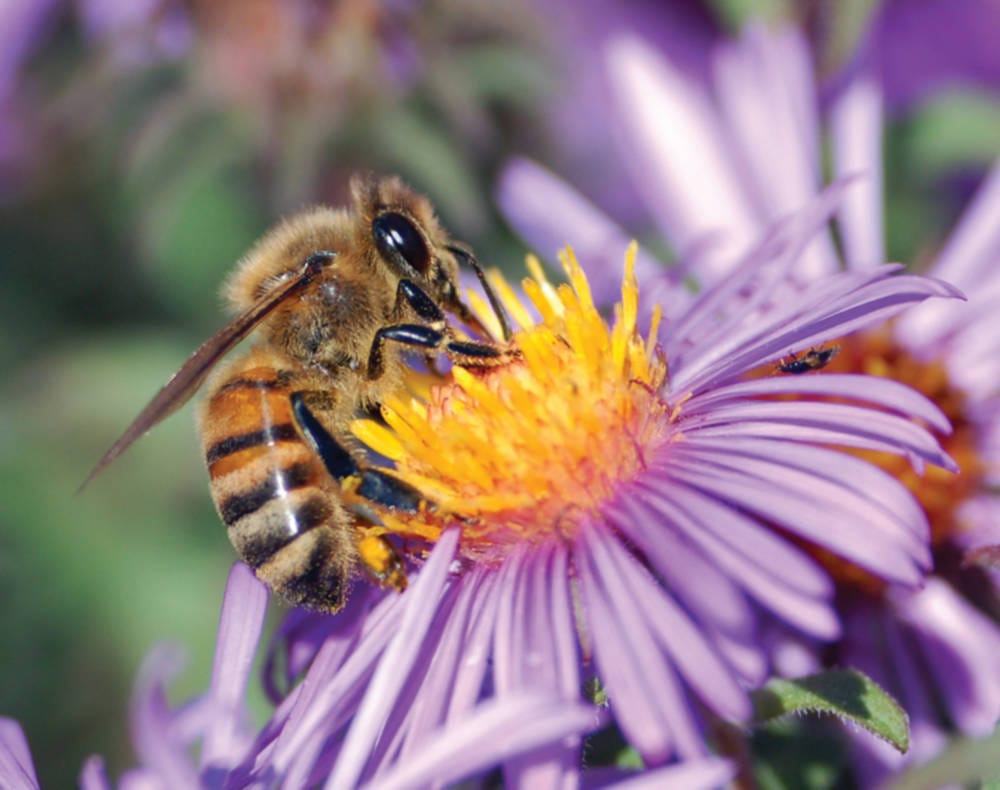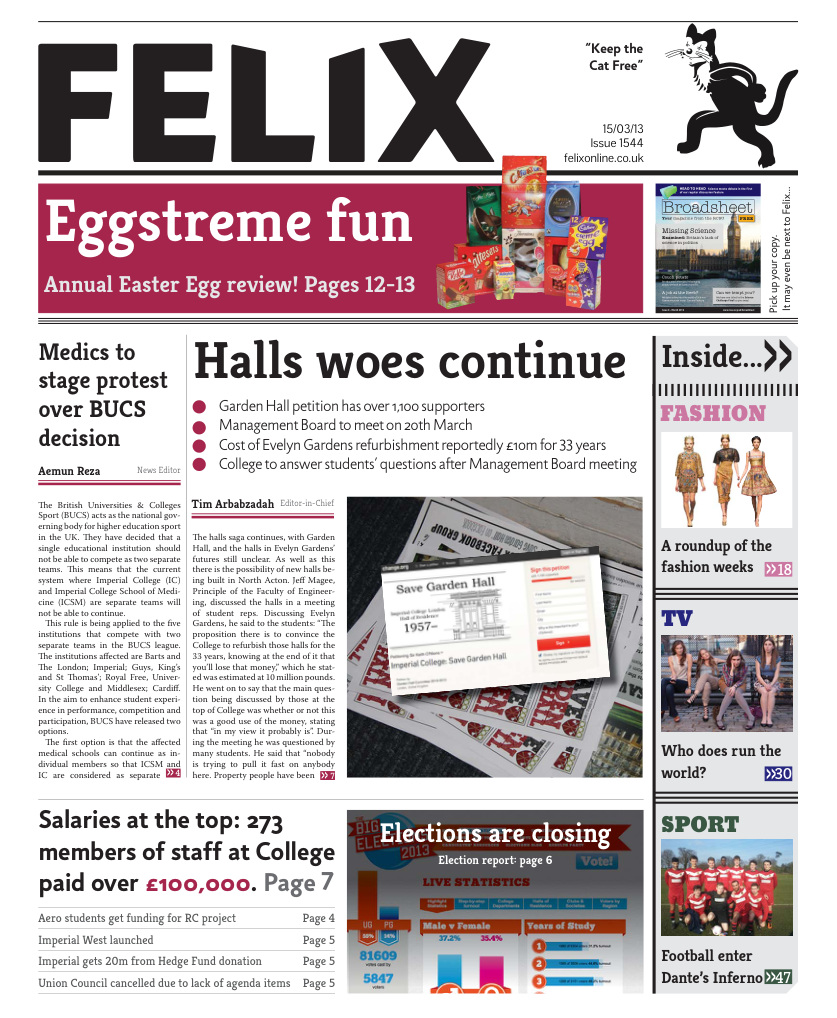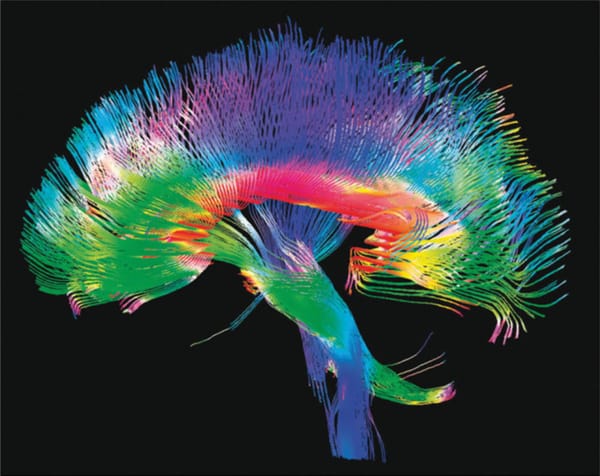Bees feel the caffeine buzz
Philippa Skett sips a Starbucks whilst writing about how bees get their own daily fix

A drink usually associated with those that have too little time on their hands and too much to do, coffee is not just a beverage but has become a lifestyle choice. What you drink is “personal,” according to Starbucks, makingthis caffeinated concoction sound more like an outfit choice than a quick fix to a lagging brain. However, it emerged this week that it is not just humans that indulge in the caffeine kick – bees are feeling more than their usual buzz too.
A study published by researchers this week at Newcastle University have found that honey bees - those that pollinate flowers whilst feeding on their nectar – regularly indulge in a caffeine fix to increase their memory. Caffeine, a usually bitter molecule, is used by plants as a defence mechanism to discourage consumption by herbivores, but is known at low levels to enhance memory and cognitive performance. This study suggests that caffeine can also have a pharmacological role by manipulating the bee’s behaviour, and ensuring the bee keeps coming back to the same plant to feed repeatedly.
The study measured the level of caffeine in the nectar of three species of plants, and saw that honeybees that frequented those plants with higher levels displayed a threefold increase in the likelihood of remembering the scent of the flower. With this response, the honeybees are therefore more likely to feed again on the same species of flower, increasing the possibility of successfully pollination and keeping the circle of life turning.
clever flowers have managed to get the balance just right
The caffeine induces both a weak effect on the rate of learning in the bees but also a greater effect on long term memory, with bees studied displaying a memory span of up to three days after feeding on nectar enhanced by caffeine. These clever bees could remember the scent of the flower they had fed from, increasing their likelihood of returning to the flower in the future. These bees would also associate the flower with reward, meaning they would be more likely to feed again on its nectar and in turn become much more faithful pollinators.
Not only that, but these clever flowers have managed to get the balance just right – with caffeine naturally a repellent, concentrations found in the plants tested were high enough to induce a response in the honey bees behaviour, but low enough to ensure they were not put off by the bad taste and would stop feeding altogether. This seems to be just one more of the many goldilocks-type scenarios found in nature, tailored towards perfection by natural selection over the millions of years.
next time you knock back that espresso, cast a thought to the bees out there which are doing the same
This research is crucial in the understanding of the foraging behaviour of bees – with population declines of these ecosystem busy-bodies will come a pollination crisis that could damage agriculture significantly. Such declines are attributed to a number of causes including the widespread use of insecticides. Global warming too may be causing a change in the flowering patterns of plants, altering nectar availability. Furthermore, with the 50 native species of bees in the UK declining over the last 60 years to around 25, invasive alien species may also be contributing to a notable decline of our own bees, and the effect this may have too on pollination of our crops long-term is uncertain.
For now though, next time you knock back that espresso, cast a thought to the bees out there which are doing the same. But remember too that these little guys are slowly in decline, so make sure you recycle that cup when you are finished getting your early morning kick, so the bees may keep on buzzing long after your own buzz fizzles out.








